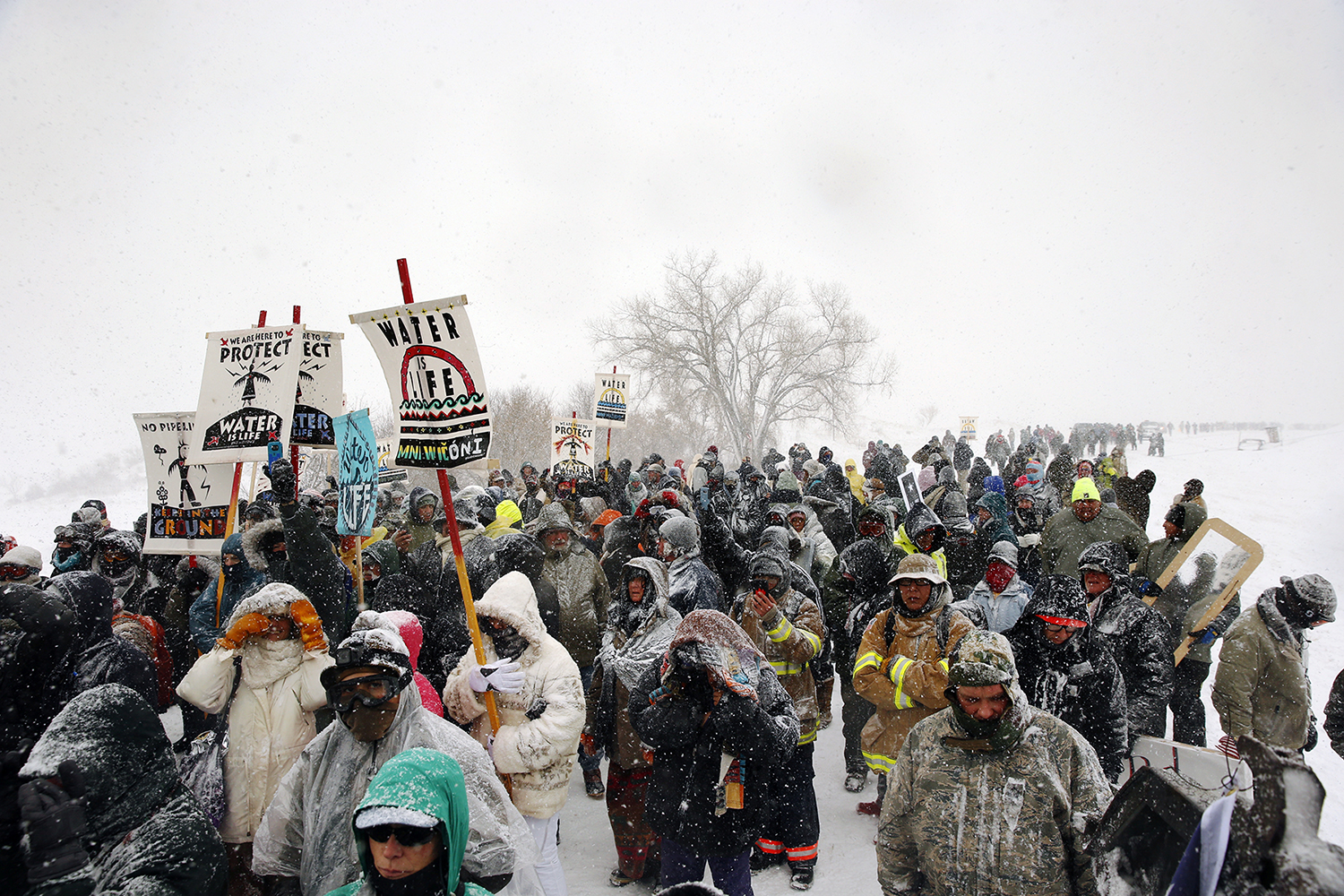A jury will decide whether Fox News and its corporation knowingly spread false information about Dominion Voting Systems in the network’s broadcasts which alleged that the company’s voting technology was used to rig the 2020 presidential election, a Delaware Superior Court judge ruled March 31.
Judge Eric M. Davis granted Dominion summary judgment on its claim that Fox aired false statements that were “of and concerning” the company.
“The evidence developed in this civil proceeding demonstrated that [it] is CRYSTAL clear that none of the statements relating to Dominion about the 2020 election are true,” Judge Davis wrote.
Judge Davis also granted the voting technology company summary judgment on its arguments that Fox News Network, (FNN), is responsible for the publication of the statements.
“The record is clear. FNN, as a network, broadcasted the Statements,” he wrote. “FNN is not a passive entity. FNN controls what is broadcast on its various networks. FNN does this through its employees as agents of FNN. Thus, regardless of who within FNN is responsible for publication, FNN did in fact publish the statements to its viewers.”
The voting technology company sued the TV network and the corporation that owns it for $1.6 billion in March 2021. In late January, Judge Davis ruled that Dominion would be considered a limited public figure in the trial, requiring the technology company’s attorneys to prove actual malice.
See more of First Amendment Watch’s coverage of the lawsuit here
The actual malice standard was established by the 1964 Supreme Court decision in New York Times v. Sullivan, in which the court held that public officials and public figures can’t prevail in a defamation suit without proving that a statement was false and that, in addition, it was made “with knowledge that it was false or with reckless disregard of whether it was false or not.”
The courts have defined reckless disregard as proof that the defendant entertained serious doubts as to the truth or had a high degree of awareness of probable falsehood, and published anyway.
Top Fox News executives and on-air personalities didn’t appear to believe Donald Trump’s fraudulent election claims in 2020, but the network continued to air the falsities anyway, according to a Dominion brief made public Feb. 16. The brief referenced private text messages between Tucker Carlson, Sean Hannity and Laura Ingraham, among others. Even Fox Chairman Rupert Murdoch described Trump’s fraud claims as “Really crazy stuff” Nov. 19, 2020, according to the brief.
But in his March 31 ruling, Judge Davis did not decide if FNN and the Fox Corporation, (FC), acted with actual malice.
“The Court does not weigh the evidence to determine who may have been responsible for publication and if such people acted with actual malice — these are genuine issues of material fact and therefore must be determined by a jury,” he wrote.
In motions for summary judgment, FNN and FC claimed the allegedly defamatory statements were protected by the “neutral reportage” privilege, which provides media organizations with a defense against libel claims when they republish newsworthy allegations made by prominent figures, even if they are false.
But Judge Davis held that FNN and FC “cannot avail themselves” using the “neutral reportage” privilege, the fair report privilege, or the argument that the statements were protected opinion.
Judge Davis wrote that “even if the neutral report privilege did apply, the evidence does not support that FNN conducted good-faith, disinterested reporting … FNN’s failure to reveal extensive contradicting evidence from the public sphere and Dominion itself indicates its reporting was not disinterested.”
The “fair report privilege” shields news outlets from legal action when publishing fair and true reports of official government proceedings. Judge Davis found that this does not apply because “most of the contested statements were made before any lawsuit had been filed in court,” except for one made on “Lou Dobbs Tonight.” That allegation, according to the filing, fails “because the fair report privilege only applies to substantially accurate reports about proceedings, not the underlying facts.”
FNN argues the statements, to “a reasonable viewer,” would “convey opinions, not fact.” But Judge Davis ruled that this argument fails because “it is reasonably conceivable that viewers of the FNN show segments and tweets of FNN hosts would not view the Statements as merely opinions of the hosts, but either as actual assertions of fact, or implications that the hosts knew something that the viewers do not.”
The statements, Judge Davis added, “were not pure opinion where they were made by newscasters holding themselves out to be sources of accurate information.”
The trial is slated to begin April 17 in Delaware Superior Court.
March 31, 2023 — Judge Davis’ Rulings on Motions for Summary Judgment
Tags



